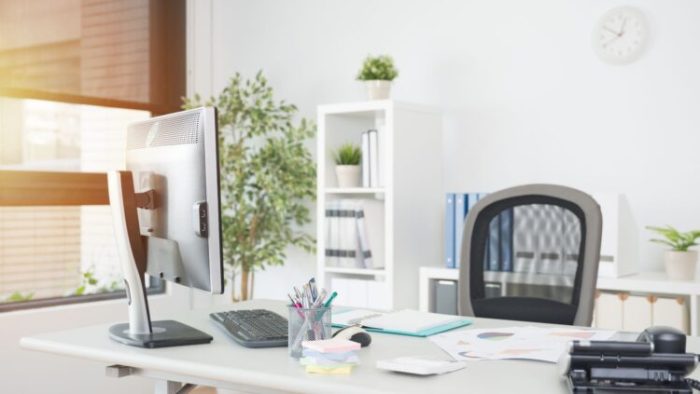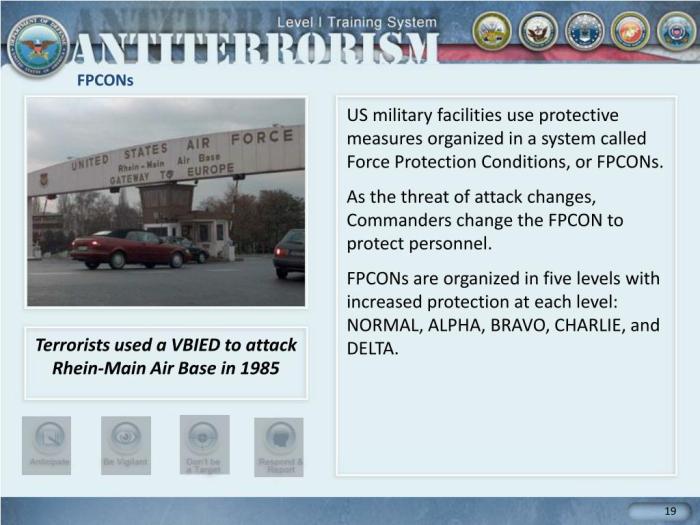Room invasions are a significant security issue for hotels – Room invasions pose a significant security issue for hotels, jeopardizing guest safety and the reputation of the industry. This article delves into the prevalence, causes, prevention methods, response strategies, and industry best practices surrounding this critical security concern.
Impact of Room Invasions on Hotel Security: Room Invasions Are A Significant Security Issue For Hotels

Room invasions pose a significant security threat to hotels, jeopardizing guest safety, reputation, and revenue. According to a study by the American Hotel & Lodging Association, over 1,000 room invasions occurred in the United States in 2021, resulting in injuries, theft, and psychological trauma for guests.
These incidents can have devastating consequences for hotels, leading to lawsuits, loss of trust, and damage to their brand image. The financial impact can be substantial, with compensation claims, legal fees, and the potential loss of repeat business.
Causes and Contributing Factors
Room invasions can be attributed to a combination of factors, including:
- Weak security measures:Outdated locks, inadequate surveillance systems, and poor access control can provide opportunities for unauthorized entry.
- Inadequate staff training:Staff who are not properly trained in security protocols and guest screening procedures may inadvertently compromise guest safety.
- External threats:Criminals may target hotels with known security vulnerabilities or exploit gaps in guest verification procedures.
- Outdated technology:Lack of keyless entry systems, surveillance cameras, and intrusion detection systems can make it easier for intruders to access guest rooms.
Methods to Prevent Room Invasions
To effectively prevent room invasions, hotels should implement a comprehensive security plan that includes:
- Enhancing physical security measures:Upgrading locks, installing surveillance cameras, and implementing access control systems can deter unauthorized entry.
- Implementing robust access control systems:Keyless entry systems, smart locks, and digital keycards can provide secure access to guest rooms while reducing the risk of key theft or duplication.
- Providing proper staff training:Regular training on security protocols, guest screening procedures, and emergency response plans is crucial for staff to effectively safeguard guests.
- Utilizing technology:Advanced surveillance cameras, intrusion detection systems, and motion sensors can enhance situational awareness and deter potential threats.
Response and Recovery Procedures, Room invasions are a significant security issue for hotels
In the event of a room invasion, it is imperative for hotels to have a well-defined response plan that prioritizes guest safety and minimizes potential harm:
- Ensure guest safety:Immediately evacuate guests from the affected area and provide them with a safe haven.
- Contact authorities:Report the incident to the police and request immediate assistance.
- Collect evidence:Secure the crime scene, collect evidence, and document all details of the incident for law enforcement.
- Communicate with guests:Provide clear and timely updates to guests about the situation and safety measures being taken.
- Review security measures:Conduct a thorough review of security measures to identify any vulnerabilities that may have contributed to the incident.
Guest Education and Awareness
Empowering guests with knowledge about room invasion prevention and response measures is essential:
- In-room brochures:Provide guests with printed materials that Artikel safety protocols, emergency procedures, and reporting mechanisms.
- Online resources:Create a dedicated website or mobile app that provides guests with information on security measures, safety tips, and emergency contact information.
- Staff briefings:During check-in, staff should brief guests on security measures, including how to report suspicious activity or an emergency.
Industry Best Practices and Standards
The hotel industry has developed best practices and standards to guide security measures:
- Hotel Security Alliance:A non-profit organization that provides resources, training, and certification programs for hotel security professionals.
- American Hotel & Lodging Association (AHLA):Publishes security guidelines and standards for hotels, including recommendations on access control, surveillance, and staff training.
- Government regulations:Local and state governments may have specific security requirements for hotels, such as fire safety codes and emergency response plans.
Helpful Answers
What are the common causes of room invasions?
Weak security measures, inadequate staff training, and external threats contribute to room invasions.
How can hotels prevent room invasions?
Enhancing physical security, implementing access control systems, and utilizing technology such as keyless entry and surveillance cameras can prevent room invasions.
What are the steps to respond to a room invasion?
Prioritize guest safety, collect evidence, and report the incident to authorities.


